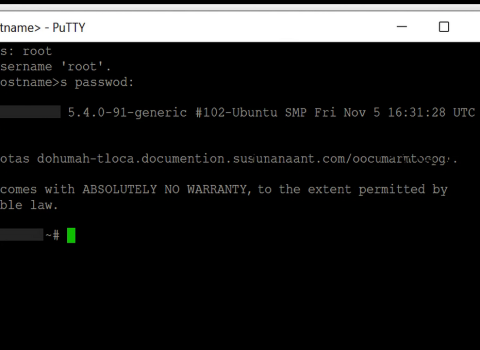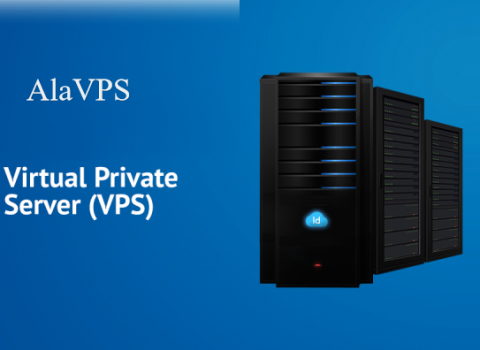Introduction:
Table of Contents
The VPS hosting is mostly chosen by web pages with medium traffic that generally belongs to public organizations, institutions, corporations, and companies of that size.
To know the advantages and disadvantages of VPS, you must mainly know what it is and how it works, and to learn that, I invite you to read below.
What is VPS?
As indicated by the acronyms; V irtual P rivate S erver ( Virtual Private Server ).
It is a dedicated server that is divided into several separate servers, one of them using virtualization software. VPS provides many benefits to a dedicated server in a private service. VPSs are widely used by websites that are large and have a large audience such as public entities, universities, sports institutions, etc.
The resources that a virtual private server has will not be shared with other servers that are under the same installed machine. Each VPS account within a dedicated server will have dedicated RAM and processor cores that will not be shared with the other VPS accounts.
Virtualization software separates each VPS account so well that each VPS account can install its own operating system or add-ons to the operating system. It is important to emphasize that each user will be able to download different software and modify parameters without affecting other neighboring VPS accounts on a dedicated server.
Advantages of using VPS
Owner: The main advantage is that it will be registered under your name, and you will have the rights to this server.
Custom: It is similar to a dedicated server in the capacity to provide the creation of an operating system, customizing the options and installed applications.
Dedicated resources: The VPS provides dedicated RAM and CPU, that is, your web application will be able to use the memory and processor of the server without interruptions and without obstacles from other accounts.
Flexibility: In VPS you can increase RAM and CPU according to your needs. You can also install the software necessary for your web application to work. All this is not possible in normal shared hosting.
Privacy: Those actions that are performed by other VPS users on a dedicated server will not affect or harm the operation of each VPS. Each VPS is separated in such a way that the other VPS users do not have any kind of access to the other VPS accounts.
Advantages of using VPS
IP Address: Some users will be able to enjoy two or more IP addresses. It will allow hosting different domains as the user considers necessary or owns it.
Divided price: Since a dedicated server is divided into several VPS. Each VPS account will cost less than a dedicated server.
Security: These are in containers that completely separate them from the other VPS accounts, which offers fewer risks than shared Hosting.
Advantages of Free VPS:
Free: The free VPS has the main benefit for many users, its cost is completely free and there will be no cancellation for it.
Fully accessible for users looking for low cost or free hosting and domains.
This service conditionally provides free maintenance and renewal to its users, the option it will provide will be annual.
Own accounts: When making the association, you can access mail and personalized data of the service.
You can test the waters before buying it.
There is always an option to opt-out, if you don’t need one.
Conclusion:
You have to decide when its the right time to switch from shared hosting to VPS. Always see the benefit of your buyers or visitors. The VPS is a fast, safe, and reliable option to go with.





